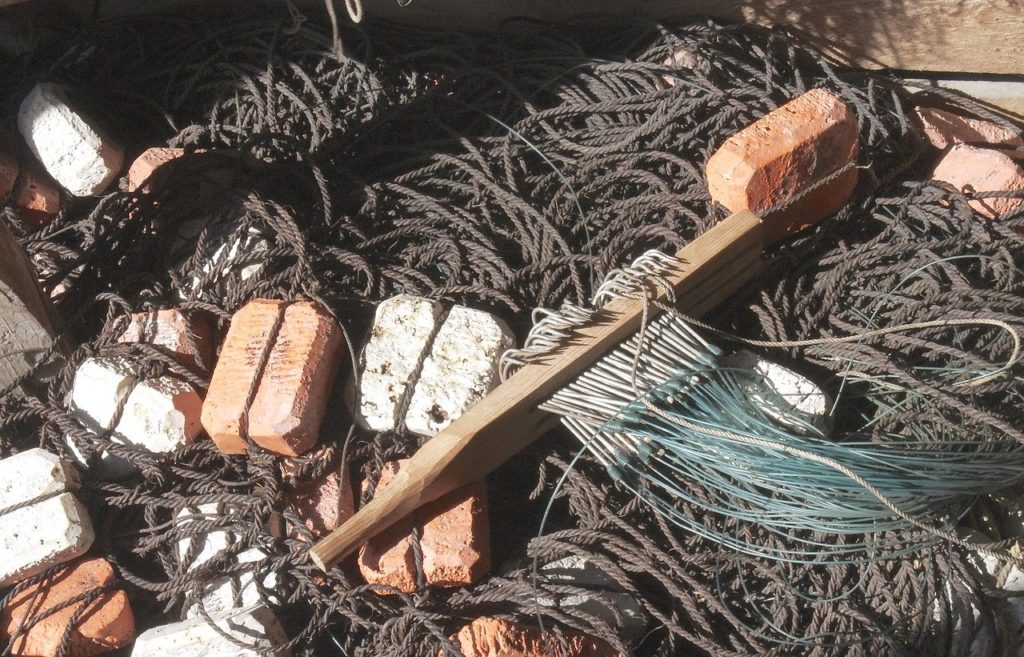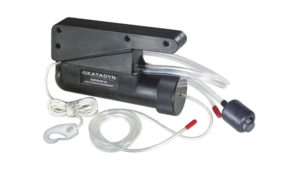Biodegradable fishing gear and clothing project unveiled

Glaukos, a four-year European project that will develop biodegradable and biorecyclable textile fibres and coatings to be used in fishing gear and clothing, started this month.
This European research project brings together a partnership of 14 partners from nine European countries and is financed with more than €4.1 million from the Bio-based Industries Joint Undertaking, a public-private partnership between the European Commission and the Bio-based Industries Consortium, according to Biomarketinsights.
Abandoned, lost or discarded fishing gear (ALDFG) accounts for about 27% of all marine litter found in European oceans, the equivalent of 11,000 tons of ALDFG entering the marine environment each year. Evidence has been mounting that the synthetic fibres which make up much of clothing and fishing gear, are also a major source of textile-related microplastic pollution in marine environments.
The Glaukos project will redesign the complete life cycle of these textiles. The project will build upon triggerable biodegradability to increase the degradation rate of the microplastics from Glaukos materials compared to conventional microplastics.
In parallel, a bio-recycling process will be developed to incentivise collection of the textiles at the end of their life, thereby further reducing pollution.
Glaukos will also develop eco-friendly fishing gear coatings with increased bio-based content.
“We are looking forward to tackling one of the biggest problems our society is facing with ocean pollution. According to the latest studies, marine microplastic concentrations have been vastly underestimated,” says Zsófia Kádár, Glaukos Project Coordinator.
“Plastic leakage can only be truly mitigated if polymers are developed that are prone to recycling and biodegrade rapidly and completely. Glaukos’ ambition is to pave the way for this transition. We have all the partners to succeed.”










